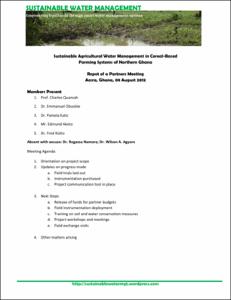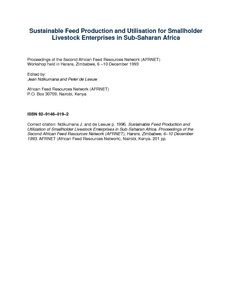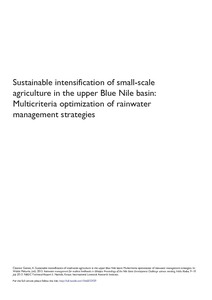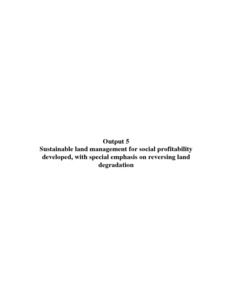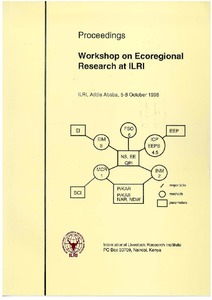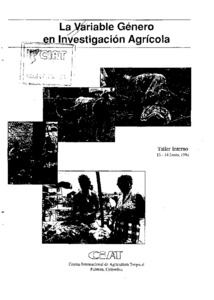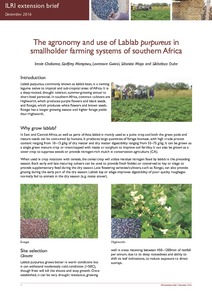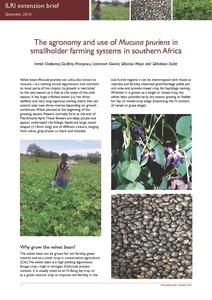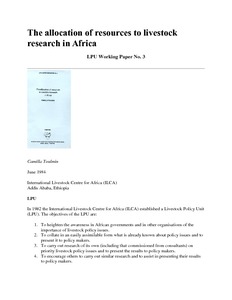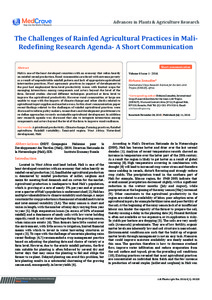Summary of CPWF research in the Nile river basin
Three major river basins flow out of Ethiopia into Sudan, constituting the Eastern Nile basin (the White Nile flows from the south). These are the Tekeze-Atbara flowing out of northern Ethiopia, the Baro-Akoba- Sobat flowing from southern Ethiopia, and the Blue Nile (Abay) sandwiched between the other two. The Blue Nile Basin, called the Abay in Ethiopia, is the largest branch of the Nile draining the Ethiopian highlands. It covers an estimated area of 311,437 square kilometers and is shared by Ethiopia and Sudan. It joins the White Nile in Khartoum, Sudan.



